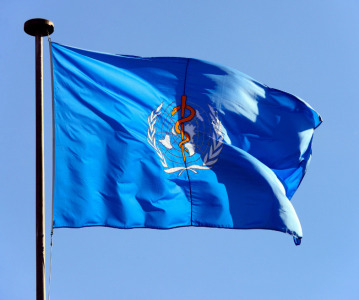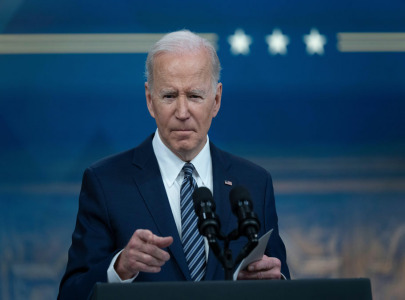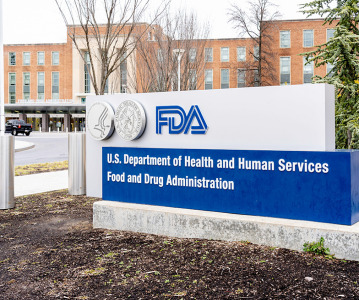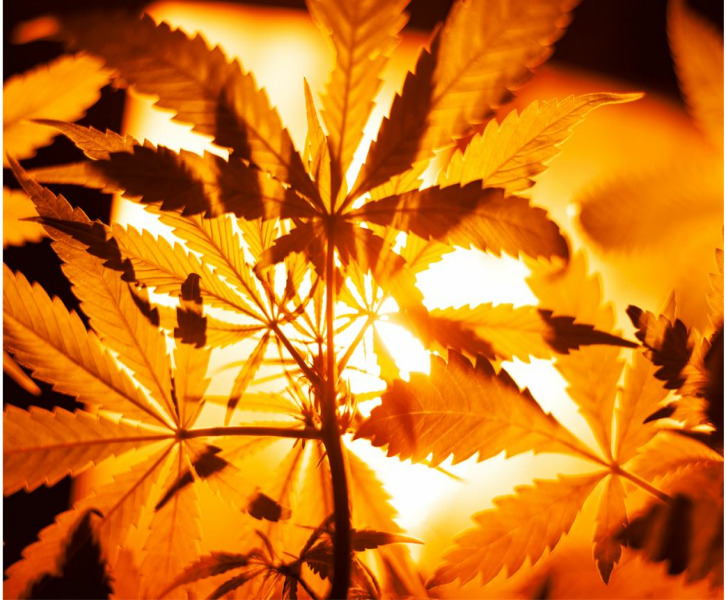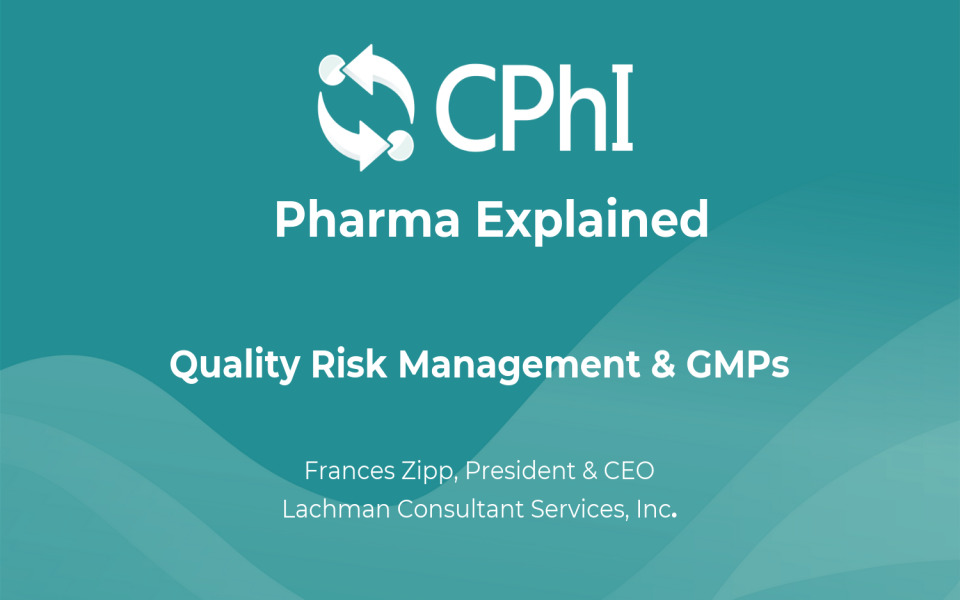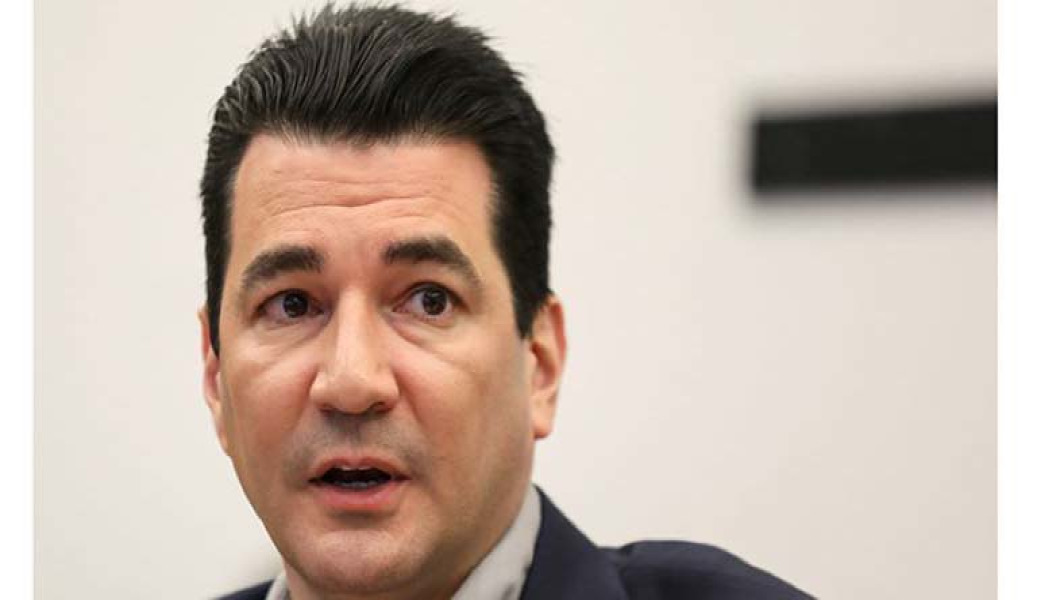Pharma Must Play by Anti-Corruption Rules Now
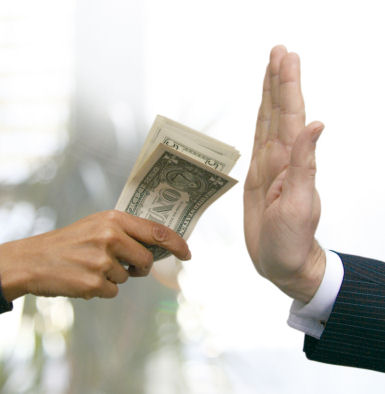
Cash gifts, entertainment, charitable donations, consultant arrangement or just about any payment or favor extended with an objective to promote a pharma product has become a marketing tactic. And that is what needs regulation.
In August, Eli Lilly emerged as the fifth company embroiled in the China bribery scandal, joining the list with GSK, Novartis, Sanofi and Baxter International. During the last 60 days, Chinese media, most notably 21st Century Business Herald, the business newspaper from the Nanfang Media Group, has been running a series of exposes with unnamed whistleblowers highlighting the gross irregularities in the inner workings of large pharma companies in China.
Graft in China is a pervasive reality. Recent a high profile trial of a former top politician, Bo Xilai, is testimony. He was tried for embezzlement, bribery and abuse of power. During his swift 5-day trial that ended with declaration of sentence pending, very few disclosures of the names and companies went public. Following soon after the once-in-a-decade leadership change in China that took place in March, this year, installing Li Keqiang as prime minister and Xi Jinping as the president, there does seem to be a corruption-crackdown drive on in the country. However, the pharmaceutical industry anti-corruption drive has been on since at least five years.
In 2007, former head of China Food and Drug Administration, Zeng Xiaoyu was given execution sentence for accepting bribes from eight companies and dereliction of duty in approving hundreds of drugs. China had demonstrated its seriousness in ensuring consumer safety with this. In 2011, Wu Jianwen, former president of state-owned Shanghai Pharmaceutical was awarded suspended death sentence with a 2-year reprieve for taking bribes close to $2 million and embezzling $5 million while procuring raw material for the company.
Systemic corruption is deep rooted in China but at the same time the upside of a large vibrant market is so high that no company would stop doing business in China and with China. So, there are all these companies from the West who have taken the strategic risk of dealing with China and its 'red envelope market practices'. Still another reality is the 'business practices' in the pharma industry itself. Cash gifts, entertainment, charitable donations, consultant arrangement or just about any payment or favor extended with an objective to promote a pharma product has become a marketing tactic. And that is what needs regulation.
In that light, this current crackdown on pharma in China is an enforcement drive that makes a case for self-regulation and adoption of anti-corruption practices by the companies. And it is related to the similar enforcement drive in the US. Numerous pharma and medical devices companies are being investigated for violations of Foreign Corrupt Practices Act (FCPA) in the US. In 2009, the US Department of Justice (DoJ) had warned the industry that it is watching and the companies should enforce compliance.
The FCPA covers these inducements given to doctors and healthcare professional to promote products anywhere in the world. Besides, not only FCPA's definition of foreign official is expansive, its definition of the companies that US can take up for investigation is also very wide, even tenuous links with US industry qualify. And China is one of the top geographies where US wants to ensure FCPA compliance. Besides, China being a signatory to OECD's anti-bribery convention of 2009 has to comply and ensure healthy international business environment. Pharma industry now needs to play by anti-corruption rules.
Related News
-
News New WHO health emergency guidelines expect full transparency from Big Pharma
The WHO are proposing a new set of pandemic guidelines to set out how future global health crises should be handled. -
News Biden's $2 billion Biotech Boost
President Biden issues executive order to bolster U.S. biomanufacturing sector. -
News US FDA grants priority review for Eisai and Biogen's Alzheimer's drug
Decision by US drug regulator on lecanemab expected by early next year -
News Panaxia's medical cannabis facility in Malta gains EU-GMP standard
This second facility gives the company a significant power multiplier for export capacity and geographical reach -
News CPHI Discover: Remote excipient audits are on the increase, but we must do more to develop novel excipients
Ahead of the session, Value Added Excipients to Unlock the Potential of APIs, at CPHI Discover on Thursday 18th May – global pharma’s largest ever virtual gathering – we spoke with one of the speakers, Dr Iain Moor... -
News Pharma Explained: What is Quality Risk Management & cGMPs?
Need clarity on determining your QA from your QbD and your cGMPs? You’re not alone! In our new Pharma Explained series from CPHI, we bring you clear cut definitions from industry experts on a myriad of Pharma Terms, delivered in bitesize video presenta... -
News Former FDA Commissioner lays out roadmap for building out excess capacity to deal with pandemic situations
Dr Scott Gottlieb shares insights into COVID-19 vaccine development, the upcoming US election and pharma pricing at the CPHI Festival of Pharma -
News Successful MHRA regulatory inspection for Scottish CMO Symbiosis
Inspection conducted remotely using video-conferencing and an online private document sharing platform.
Position your company at the heart of the global Pharma industry with a CPHI Online membership
-
Your products and solutions visible to thousands of visitors within the largest Pharma marketplace
-
Generate high-quality, engaged leads for your business, all year round
-
Promote your business as the industry’s thought-leader by hosting your reports, brochures and videos within your profile
-
Your company’s profile boosted at all participating CPHI events
-
An easy-to-use platform with a detailed dashboard showing your leads and performance
